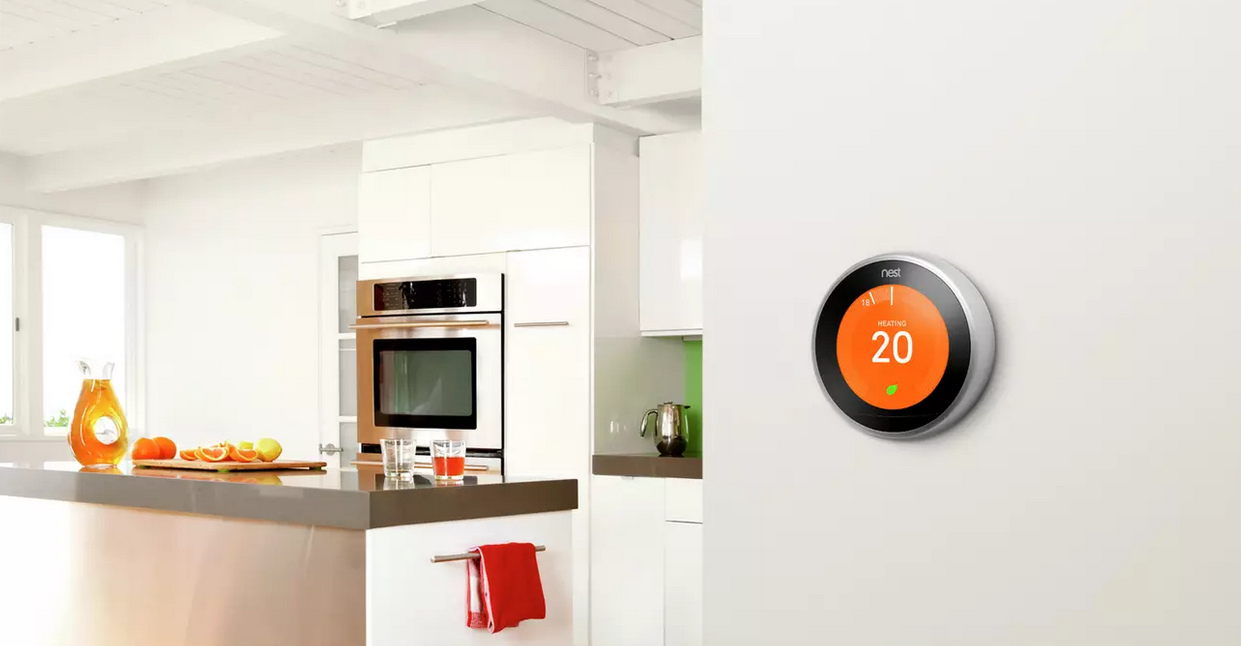
Smart thermostats are becoming increasingly popular in UK households, and for good reason. These devices offer a range of benefits, including convenience, energy savings, and improved comfort. But is investing in a smart thermostat worth the expense?
In this post, we'll explore the pros and cons of these devices to help you decide if a smart thermostat is the right choice for your home.
What is a smart thermostat?
First things first, let's define what we mean by a smart thermostat. A smart thermostat is a device that allows you to control your home's heating and cooling systems and can be accessed via a smartphone app, voice commands, or a web portal. These thermostats typically come with a range of features, such as learning algorithms that adjust the temperature based on your habits, scheduling options, and remote access.
Pros of investing in a smart thermostat
Energy savings
One of the primary benefits of a smart thermostat is that it can help you save money on your energy bills. These devices can learn your temperature preferences and adjust the heating or cooling accordingly. This means that you'll only be using energy when you need it, rather than wasting it on an empty house or when you're asleep. Some smart thermostats can also track your energy usage and provide insights into how you can make further savings.
Convenience
Another major advantage of a smart thermostat is the convenience it offers. You can control your home's temperature from anywhere, at any time, using your smartphone or voice commands. This means that you can adjust the heating or cooling before you arrive home, ensuring that your house is at the perfect temperature when you walk through the door. You can also make changes on the go if you forget to adjust the temperature before leaving home.
Improved comfort
A smart thermostat can help to improve your comfort levels by ensuring that your home is always at the right temperature. No more waking up to a chilly house or coming home to a stuffy room. With a smart thermostat, you can set the temperature to your liking and let the device take care of the rest.
Compatibility with smart home systems
If you're already invested in a smart home system, a smart thermostat can be a great addition. These devices are often compatible with other smart home systems, such as Amazon Alexa or Google Home, allowing you to control your entire home with a single app or voice command.
Cons of investing in a smart thermostat
Upfront cost
One of the biggest drawbacks of a smart thermostat is the upfront cost. These devices can be more expensive than traditional thermostats, ranging from £100 to £300 or more. While the energy savings over time can offset this cost, it's still a significant expense to consider.
Learning curve
Some smart thermostats can take a bit of time to set up and get used to. You'll need to download the app, connect the device to your Wi-Fi, and set up any schedules or preferences. While this process isn't overly complicated, it can be a barrier for those who aren't comfortable with technology.
Compatibility issues
Not all smart thermostats are compatible with all heating and cooling systems. Before you invest in a smart thermostat, you'll need to check that it will work with your existing system. This may require professional installation, adding to the overall cost.
Wi-Fi connectivity
Smart thermostats rely on a Wi-Fi connection to function. If your Wi-Fi goes down, you won't be able to control your thermostat remotely. This can be an issue if you're away from home and need to adjust the temperature.
Should you invest in a smart thermostat?
Ultimately, the decision to invest in a smart thermostat will depend on your individual needs and preferences. If you're looking to save money on your energy bills and increase your comfort with perfect room temperatures, this may be perfect for you.
For more on smart home technology, click here.